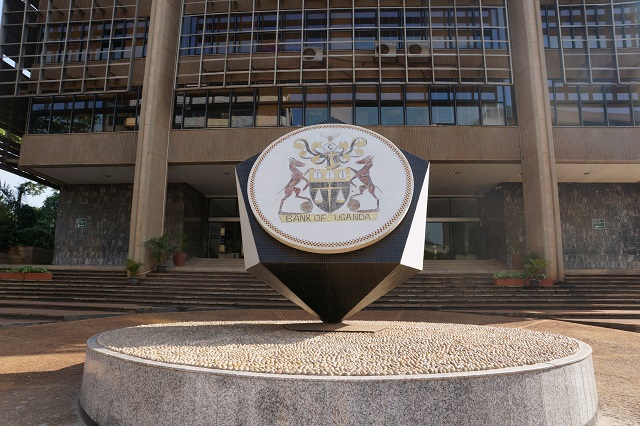
Kampala, Uganda | THE INDEPENDENT | The Bank of Uganda has refuted claims that its tough regulatory requirements are leading its regulated financial institutions to downgrade to ease the regulatory pressures on them.
This comes as the regulator (BoU) notified the public that three commercial banks (Tier I) had been downgraded to Tier II Credit Institutions after their applications were approved.
The banks are Guaranty Trust Bank (GT Bank), a subsidiary of Guaranty Trust Group of Nigeria, which launched in Uganda after taking over Kenya’s Fina Bank in 2008, ABC Capital Bank which evolved from a microfinance institution Capital Finance Corporation Limited before being acquired by Kenya’s ABC Bank in 2008, as well as Opportunity Bank.
Opportunity Bank is a descendant of Faulu Uganda, an NGO that started in 1995 before evolving into a micro-lender and being acquired over time by Opportunity International, a lender to poor communities, and fully branded to Opportunity Bank Uganda Ltd in 2011.
Having degraded, now the three banks are only allowed to accept customer deposits and hold savings accounts, but not opening current accounts for customers, issuing cheques, or trading in foreign currency.
The three banks have now been given three months starting April 1 to complete the transition process by July 1, 2024, during which time “they will make adequate arrangements to phase out products and processes that require a Tier I License,” says Michael Atingi-Ego, the Deputy Governor, in the statement.
This, he says is aimed at ensuring a smooth service transition for their customers and to mitigate any disruptions to financial sector stability.
The Bank of Uganda says in the statement that the banks’ owners are laying new business strategies regarding their business targets.
“The change of the status of the three commercial banks to credit institutions follows decisions by the respective boards of directors, to adopt a strategic shift and reposition these institutions to serve their core customer base better,” he said.
He insisted that the institutions were adequately capitalized, meeting the capital requirements for a Tier II License.
According to the capital requirements issued by the Ministry of Finance, Planning and Economic Development last year, commercial banks are supposed to have a minimum capital of 150 billion shillings by June 2024, raising it from 25 billion shillings in 2022.
By September 2023, according to the International Monetary Fund, only 18 out of the 25 commercial banks had met the minimum paid-up capital requirements, while others were still looking for the sources.
Some of the seven commercial banks had applied to be downgraded to Tier II, where the minimum capital requirement is 25 billion shillings, which was raised from 10 billion under the same ministerial instrument.
Tumubweine Twinemanzi, the Executive Director of Supervision at the Central Bank, dismissed the claims that it was these requirements that were driving institutions into downgrading.
******
URN
 The Independent Uganda: You get the Truth we Pay the Price
The Independent Uganda: You get the Truth we Pay the Price



